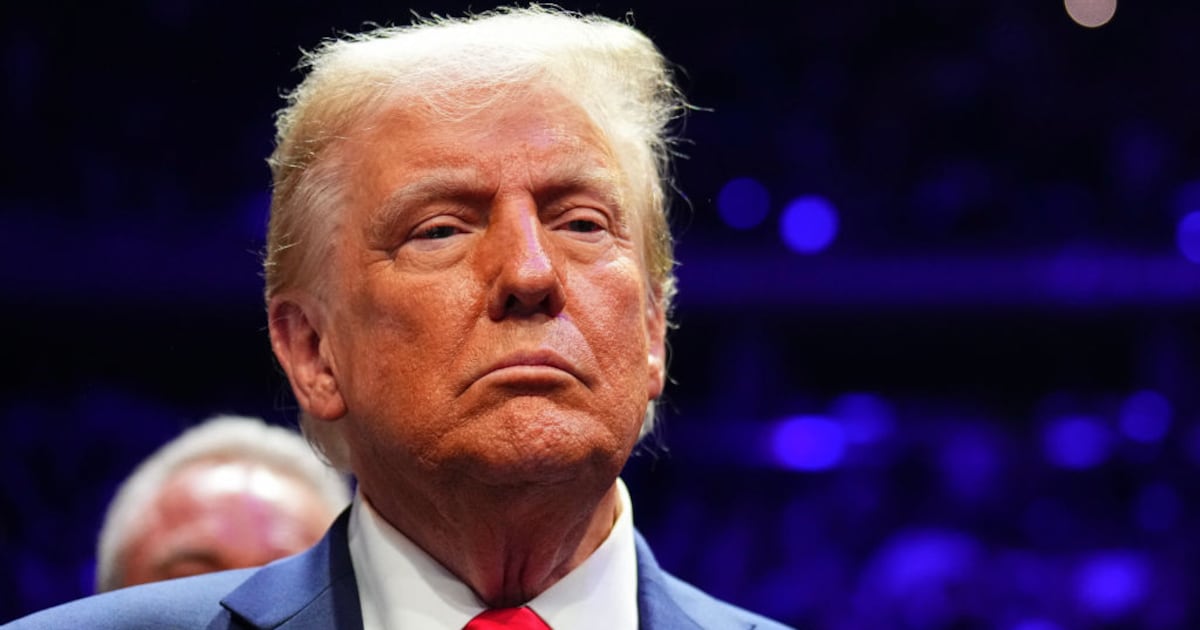John Bolton, the former national security adviser to Donald Trump who now opposes the former president’s re-election, on Wednesday cited Trump’s “short attention span” to suggest that if a second term is in the cards, his new advisers could try to prevent him from withdrawing from NATO by just distracting him.
Trump’s antipathy for the post-World War II treaty organization was recently on display at a campaign stop in South Carolina in February. If he were in office again, he said, he would “encourage [Russia] to do whatever they want” to NATO members who “don’t pay.”
Bolton, a foreign policy hawk who served in the Reagan and George W. Bush administrations, warned against the U.S. pulling out of NATO during an appearance on the MeidasTouch network. If re-elected, he said, Trump would “do it very early” in his term.
ADVERTISEMENT
To help thwart Trump’s ambitions, Bolton suggested, his advisers would have to get Trump’s mind off the subject.
“The remedy I would propose to anybody who doesn’t want us to withdraw from NATO is find a way to distract his attention, and since he has a short attention span, that can work—at least for a while—until it pops back into his head,” he said.
“This is, I think unfortunately, a very good example of what a second Trump term would be like. A lot of things he talked about in the first term—maybe made some tentative steps toward but didn’t actually carry through on—we’ll see again in a second term,” Bolton added.
While in office, Trump repeatedly threatened to withdraw from NATO, The New York Times reported. And amid his harsh criticism of the multilateral organization up through the present day, Trump has simultaneously shown an unwillingness to speak ill of Russian President Vladimir Putin, who has tried to portray his war against Ukraine as being the fault of NATO.
If Bolton’s advice sounds familiar, it’s because it resembles how White House aides reportedly dealt with Trump while in office: by distracting him and pushing issues down the road. Former Trump Organization executive Barbara Res described to Politico in 2017 the decision-making process around the one-time reality television host: “You either had to just convince him something better was his idea or ignore what he said to do and hoped he forgot about it the next day.”
Current and former intelligence officials similarly told The New York Times in 2020 that Trump indeed has a short attention span and that he struggled to read U.S. intelligence reports, but liked them when they included photographs and charts.





